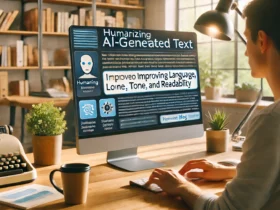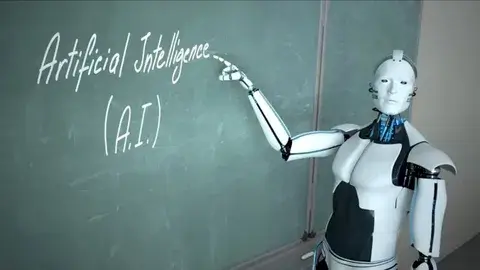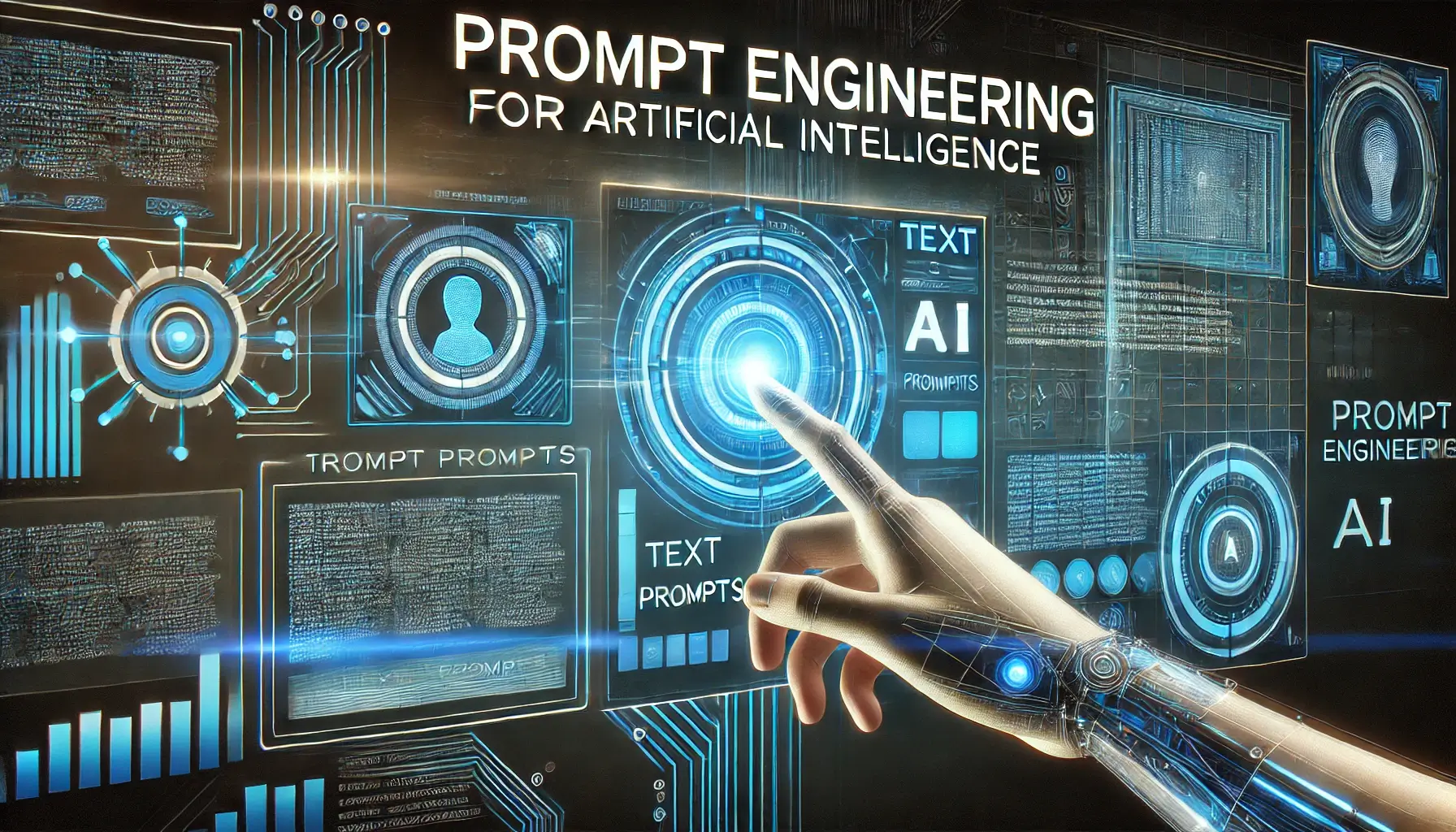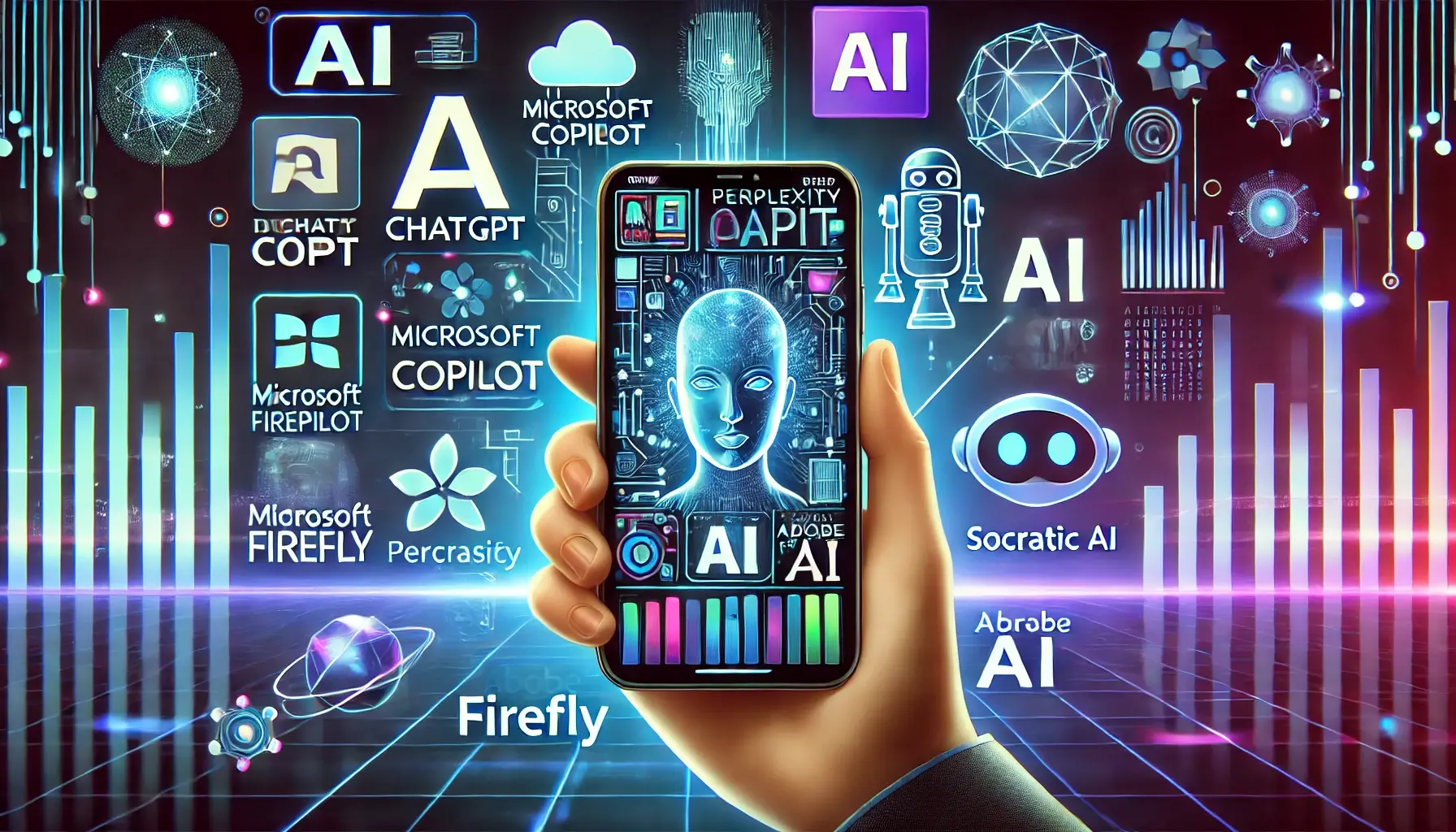Have you ever thought about the impact of Artificial intelligence in schools? This innovation is changing the way we teach and learn. It's not just a promise to the future, it's something real that's happening now. And it is transforming teaching and the way students interact with knowledge.
This article will show you how I can change schools for the better. It helps teachers and improves teaching techniques. Let's find out how this technology is building future of education and what that means for the young people today.
Article Index:
What is Artificial Intelligence?
A Artificial intelligence (IA) is science that makes computers do things they need human intelligence. They can recognize voice, make decisions and solve difficult problems. A definition of artificial intelligence includes several algorithms. They help the machines learn and act as humans.
Lately, AI has been growing and changing. Now it includes machine learning and neural networks. In education, I can change how we learn. It offers personalized forms of study, meeting the needs of each one.
As a tool, AI is great for evaluating how students are going. The algorithms can adjust the teaching to make it more effective. Thus, AI helps and changes education. It adapts to meet the challenges of our time.
The Technological Revolution in Education
The technological revolution changed how we learned. Now, with educational innovations as online courses, we learn in various ways. The classroom is always just an option among many.
The disruptive technologies make learning accessible to everyone. No matter where you are or your situation, you can learn a lot. Artificial intelligence helps, making teaching more personalized and adaptable.
Students are more prepared for a professional future that requires modern skills. Teachers and schools must accept these news. Only then can they stay up-to-date in today's education.
Artificial Intelligence in Schools
Artificial intelligence (IA) is revolutionizing schools. Smart tutoring systems offer more personalized learning. This helps students better understand content. In addition, AI in education allows to analyze the performance of students. Thus, educators can make more accurate and effective interventions.
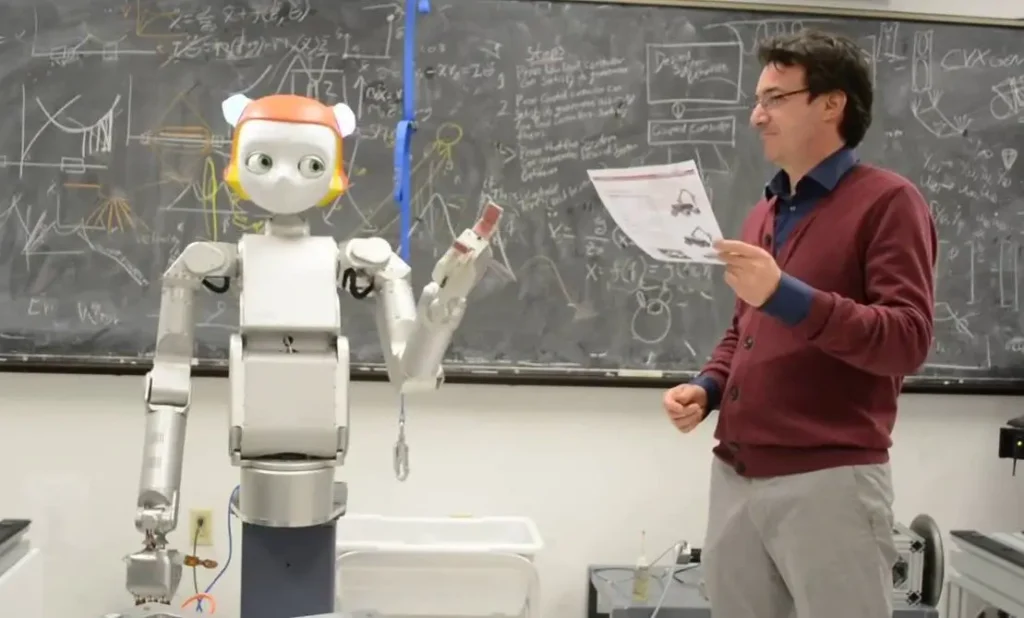
AI makes classroom learning more interactive. It allows students to learn at their own pace. It also provides immediate feedback and adjusts activities to the needs of each one. This can greatly improve educational experience and help to reduce learning differences.
The schools that adopt the AI note great improvements. In Paraná, for example, the grades of high school have risen quite. This shows that technology can greatly improve the quality of education.
AI Benefits in Education
Artificial intelligence is changing education for the better. It allows Personalized learning, where each student learns at his pace. This makes the study more effective and fun.
Another major advantage is the reduction of administrative work for teachers. With AI, activities like correcting evidence and placing notes become automatic. Thus, teachers have more time to help students directly.
In addition to saving time, AI improves the quality of education in schools. Schools use technology to better understand how to teach. This leads to more efficient teaching methods and complete student growth.
Impact of Artificial Intelligence on Learning
Artificial intelligence (AI) changes the way we learn. She offers personalized experiences in education. AI tools identify student difficulties. Thus, they suggest content that helps overcome these obstacles.
Students who use adaptive technology often have improvements in your learning. They show superior performance in reviews. It is a significant advance in education.
The impact of AI on learning goes beyond improving notes. It makes education more inclusive. With AI, each student advances at his pace. This process optimizes all stages of education.
Students receive immediate feedback. The content fits the needs of each one. This creates a more captivating and effective study environment. So happens for all skill levels of the students.
Artificial Intelligence Trends in Education
The artificial intelligence trends in education are creating new ways to teach and learn. The chatbots are an innovation that stands out. They help students instantly, clarifying doubts about various subjects. This makes access to information easier and more effective.
The learning management systems are also based on data analysis. They offer personalized learning for each student. This is done by analyzing what everyone needs to learn. Thus, students become more engaged and retain better knowledge.
A gamma is another trend that gains space in education. It includes game elements in teaching, making learning more fun and interesting. This approach enhances motivation and improves students' experience. With these technologies, the future of education Looks promising. It will change how we teach and learn.
Technological Resources in Pedagogy
Employ technological resources in pedagogy it is essential to make learning more efficient and captivating. e-learning platforms and educational software open doors to new ways of learning. Students and teachers also benefit from these Advanced technologies.
These tools make teaching easier. They allow teachers to use various methods that meet everyone's needs. In this way, each student finds his way in learning.
Adoption of these technologies increases student involvement in a remarkable way. With technological resources, teaching becomes. An interactive learning space is created that encourages everyone to participate more.
In addition, interactive applications and tools for group work make knowledge accessible to everyone. Everyone feels participle and important in the learning process. This strengthens the group as a whole.
School teachers in AI
The training of teachers in artificial intelligence is essential to bring technology to classrooms. It is important that teaching skills be seen as a continuous process. Thus, teachers can stay inside the news in educational tools and methods.
When the institutions invest in teacher training in AI, they create a better learning environment. With programs training in educational technologies, teachers use new innovations with confidence. This makes teaching more dynamic and interesting. In addition, sharing experiences and working together are key to continuous learning.
Being well prepared for the challenges of modern education is crucial. The AI can change the role of the teacher, focusing more on developing critical skills and supporting students. The investment in teacher training not only raises the quality of teaching. It also makes education to walk with the needs of the labour market.
Challenges and Ethical Concerns
Artificial intelligence (IA) in education brings many benefits. But we face AI's ethical challenges in education important. A privacy of student data is a great concern. With the use of AI, schools collect and store a lot of personal information. This makes us think about the use of these data and who can access them.
The question impartiality in technology It is also essential. AI tools can maintain or even increase existing prejudices. This can lead to unfair treatments that affect students' learning. We need AI to be fair, recognizing and decreasing bias to offer equitable learning for everyone.
A inclusion is another critical point in this discussion. Access to new technologies must be available to all without exceptions. Concerns about privacyjustice and access must be seen together. Thus, we guarantee that AI benefits all students without causing damage or injustice.
Conclusion
A Artificial intelligence in schools is a great change in education. It helps customize learning and track how students advance. It also facilitates the management of schools. With this, AI is becoming vital to the educational future.
A crucial point is importance of educational innovation. This is seen in the advances of the students, especially in the public schools of Paraná. Notes have improved considerably in six years, thanks to new technologies, such as AI. This improvement shows how technology helps equal opportunities and increase student results.
O educational future with AI seems more flexible and full of interactions. Using these technologies means improving learning. It also prepares students for today's challenges. Stay updated and connected. Thus, you and your community can enjoy everything that AI offers in education.
FAQ
What is artificial intelligence in schools?
A Artificial intelligence in schools is the use of systems that do things like humans. This includes customizing how each student learns. These systems use algorithms to understand how students are going.
What are the benefits of AI in education?
The AI brings many benefits to education. It allows a tailor-made teaching for each student. Tasks how to manage notes become easier. In addition, it motivates students and offers tools that meet individual needs.
How does AI impact learning?
AI improves learning by creating experiences just for you. She sees where you have difficulties and suggests help. Thus, it helps students overcome obstacles in the study.
What are the current AI trends in education?
Today, we are seeing more chatbots helping students, systems that use data to teach better, and educational games. All this lets you learn more fun and effective.
What technological resources are being used in pedagogy?
In schools, they are using online teaching platforms, software that help study, and interactive applications. This makes students participate more and learn in various ways.
Why is teacher training important in AI?
It is very important that teachers know how to use AI. So they can make the classes more interesting. And ensure that teaching is up-to-date and is quality.
What are the ethical challenges of AI in education?
There are important challenges, such as protecting student information. We have to take care that the algorithms are not unfair. And make the technology help all students equal.






